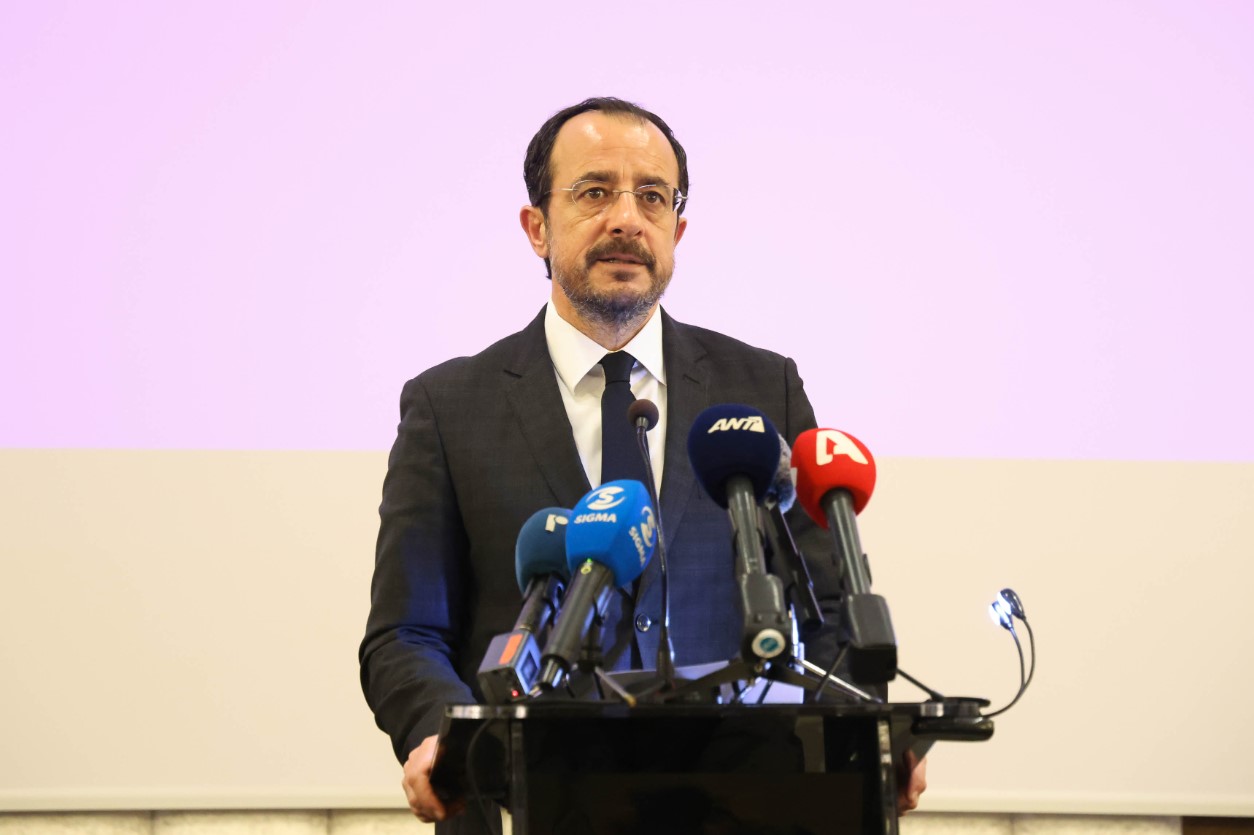Cyprus will continue its efforts to modernise the way the government operates and strengthen its investment appeal, president Nikos Christodoulides pledged on Thursday.
Addressing the general assembly of the association of large investment projects on Thursday, Christodoulides stated that despite an international backdrop of “instability, uncertainty and tensions”, Cyprus has managed to remain an attractive and reliable investment destination.
He said that this has been the result of “a modern regulatory framework, a business-friendly environment and a responsible fiscal policy”.
He also pointed to comparative advantages that bolster Cyprus’ regional role, describing the country as a pillar of stability “with a real, substantial prospect of becoming a hub of entrepreneurship, innovation and development”.
On fiscal data, Christodoulides referred to growth among the highest in the EU and public debt expected to fall below 56 per cent of GDP by year-end.
Full employment conditions have also returned for the first time since 2008, with unemployment at 4.3 per cent in the first half of 2025.
“Our economy is shielded by a productive base that is constantly expanding and with quality jobs increasing,” he said.
He further stated that Cyprus now holds category-A ratings across all major agencies, which, in his words, “demonstrates the restoration of international confidence in our economy”.
He emphasised that reforms remain central to the government’s strategy, citing tax reform, the modernisation of the audit office and legal service, the pension reform planned for 2026, and the evaluation of teachers.

Digital transformation, he said, is equally important as it reshapes the way citizens and businesses interact with the public sector.
According to the President, a series of targeted infrastructure projects and reforms are being advanced to reinforce competitiveness and resilience.
Close cooperation with the private sector, he argued, is essential to create synergies that “capitalise on the opportunities and respond effectively to any challenges we face”.
Within this framework, he referred to the large-scale development sector as a key pillar of economic activity.
The government, he noted, invested early in structured cooperation with organisations such as the association, aiming to support business stability and the “healthy development and progress of our country”.
He also acknowledged the sector’s role in attracting quality investments and strengthening competitiveness.
Christodoulides went on to mention major projects reshaping the development landscape, creating jobs and strengthening Cyprus’ image as a regional hub of know-how and quality.
“As a government, we are leveraging private initiative, knowledge, experience and the network of your partners,” he added, while noting that authorities continue to seek new areas of cooperation.
He recalled that from the first day in office, the government has been working to modernise public administration by simplifying procedures across departments.
The aim, he said, is to provide modernised services that facilitate business activity and support competitiveness. As part of this, he highlighted the role of the business service centre, which brings relevant state services under one roof to provide more synchronised support for Cypriot and foreign investors.

Through this mechanism, the authorities “increase productivity, reduce the complexity of procedures and contribute effectively to the improvement of the business climate”.
He also referred to the fast-track examination of large and strategic developments, which should not exceed 12 months, while further digitalisation of licensing procedures is planned to reduce bureaucracy and speed up delivery.
A new control and enforcement unit will also be set up in 2026 within the department of town planning and housing to ensure legality, transparency and construction safety, aiming to create “an environment of high standards” for investors and society.
Tax reform, he noted, is equally important, and he expressed hope it will be implemented on January 1, 2026.
He described it as a comprehensive reform that encourages productive activity, attracts investment, strengthens private initiative and ensures fair income distribution with targeted support for those who need it.
Christodoulides said that the effort to “change the country” is continuous and multi-layered.
In building a more competitive, innovative and modern Cyprus, he said, the government counts the Chamber of Commerce and Industry (Keve) and the association of large development projects among its partners.
Christodoulides concluded that “although challenges often stem from external factors, he argued that responsible fiscal policy and bold reforms, together with cooperation from the business community, will help turn them into new opportunities.”






Click here to change your cookie preferences